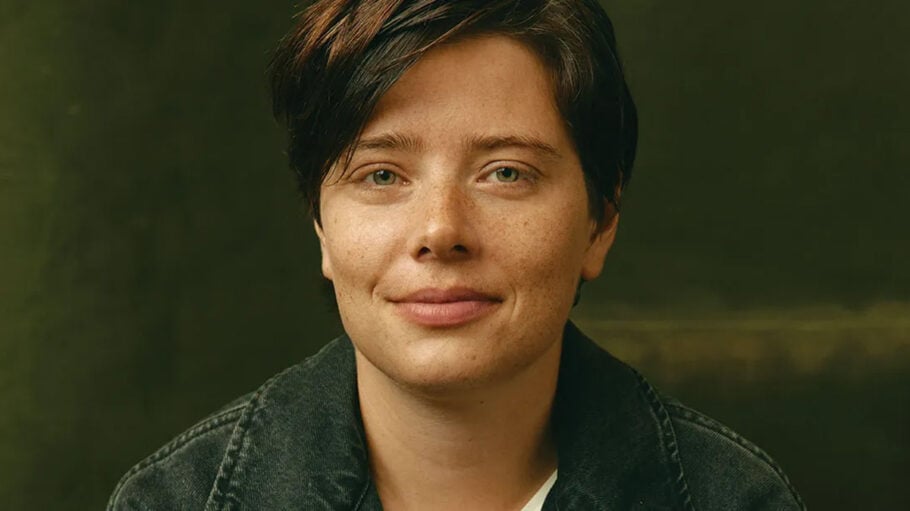Ask Charlotte Wells about her experience with “Aftersun,” the Scottish filmmaker’s Cannes-premiering, Oscar-nominated, BAFTA-winning 2022 feature debut — and one of cinema’s not just great but exceptional first features, as the semi-autobiographical film’s many accolades attest — and she’s appreciative. “It was an incredible ride that went for the many years of writing the film, a couple of years of making the film, and then the full year of promoting and sharing the film,” she tells Variety AU/NZ.
“It reached so many more people than I or anyone on the team ever imagined in our wildest dreams, and that was really special. It was really special seeing people respond to the film and connect to it in different ways from different places, from different life experiences. And I feel very fortunate as a filmmaker, and also for the many people who were part of making the film, that I think has given us all opportunities going forward.”
Three years have passed since “Aftersun” made its Australian debut at the 2022 Melbourne International Film Festival, and two since it reached cinemas Down Under in general release. Since the deeply moving feature about a father and daughter’s Turkish getaway that made star Paul Mescal an Academy Award Best Actor-nominee enjoyed its worldwide rollout, “life kind of returns to how it was before,” Wells notes. “I’m back staring at the blank page and thinking about what comes next. And that’s a place that was maybe a little terrifying at first — and now with a little bit of distance, is a place I’m really grateful to be and excited to see what comes next.”
She continues: “and there’s no doubt that I will have opportunity for the next film when I’m ready to make it. That was always my goal with ‘Aftersun’. It wasn’t that it have the reach that it ultimately had, but that it would give me the opportunity to make another film. It has certainly done that, I think, although time will tell.”
At present, what’s next is jury duty and a return Down Under. Wells travelled to Melbourne when “Aftersun” played MIFF in the festival’s Bright Horizons competition, as part of the initiative’s inaugural year. Now she’s back, also at Bright Horizons but this time on the jury — as Jury President, no less. Fellow directors Alex Ross Perry (“Videoheaven,” “Pavements”) and Athina Rachel Tsangari (“Harvest”), plus IMDb founder and Executive Chairman Col Needham, Australian composer and musician Caitlin Yeo, Australian actress and writer Tamala, and Vietnamese-Australian author and screenwriter Nam Le are also charged with selecting the best film in the competition’s fourth year of celebrating “filmmakers on the ascent”.
When “Aftersun” was among the debut Bright Horizons contenders for the $140,000 prize — which Afrofuturist musical “Neptune Frost” won that year — “I think it was the third festival it screened at. It came right after Edinburgh, where the film had opened, and that was very much like a hometown return as a screening,” explains Wells. “And I remember at Cannes, our sales agent talking about the Bright Horizons competition and it being the first year, being very excited about it. And I was very excited to be a part of it.”
“MIFF was always a festival that that I looked to screen at with shorts, and it was an amazing opportunity to come over and be part of that first round. And there were quite a few of us here.”
“There really weren’t that many festivals where I had the opportunity to spend some time with other filmmakers. And we got to know each other a little bit at screenings and the events surrounding Bright Horizons. It’s nice whenever we have an opportunity to build that community. It’s kind of a strange thing that directors don’t really cross paths too often.”
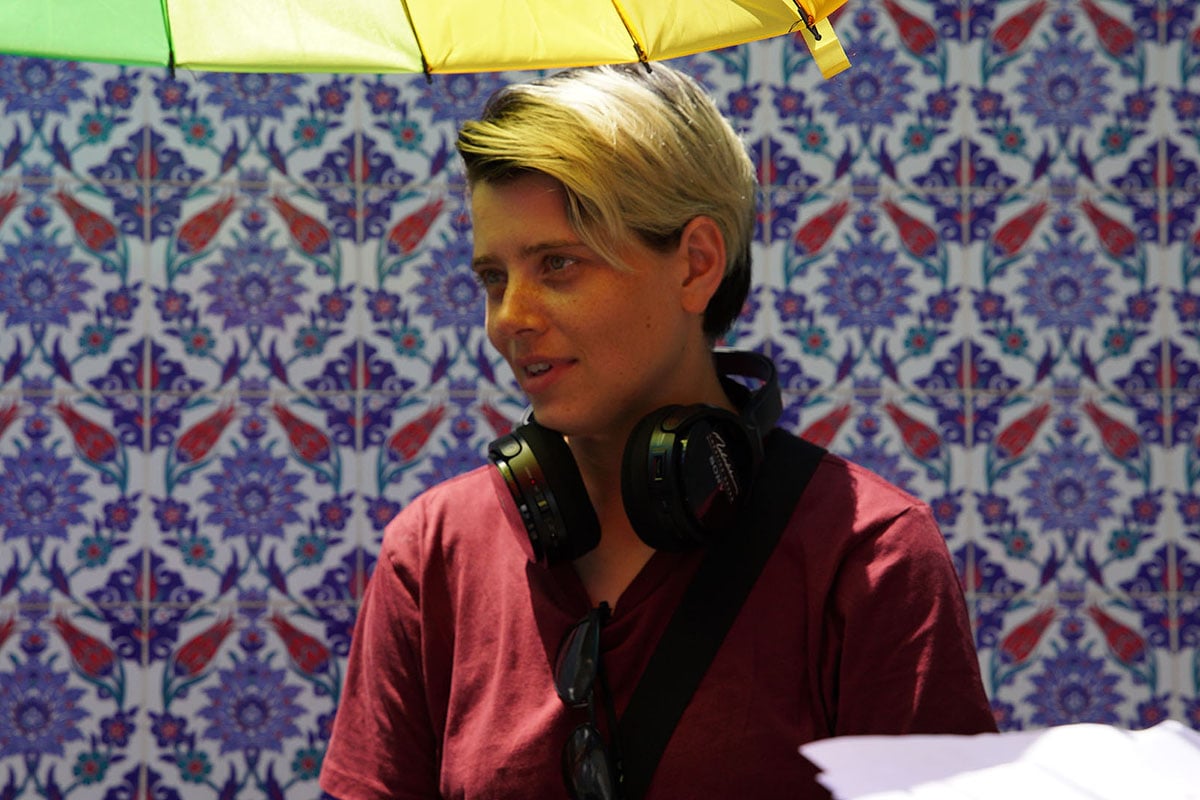
Does this feel like a full-circle moment for Wells, then? “It does and it doesn’t,” she reflects. Her first trip to MIFF “went by in a blur, so I’m grateful to have the chance to come back and spend a bit more time here, engage a bit more fully with the festival more broadly,” she says. Ideally, though, her second stint at the event will have an impact on Wells’ next film; “I’m hoping it’s quite an inspiring experience from that point of view.”
“I suppose I’m at a point now where I’m writing again. I think there’s something really exciting about seeing first films at this stage in that process, and remembering the fearlessness that can come with a first film — that may be a little harder with the second film or beyond. And so for that reason, this moment in time is actually a really lovely one. A little bit of time has passed, ‘Aftersun’ feels firmly in the rearview window, which is where I’m glad for it to be for now. And it’s just a nice opportunity to see what people have been making in the past year or so as I think about what I’m going to be making going forward.”
Wells is embracing emerging filmmakers not just at MIFF, but also at this year’s Venice International Film Festival. “It’s not the worst way to spend my summer,” she laughs. After MIFF, Wells is heading the jury at the prestigious Italian event for the Luigi De Laurentiis debut film award. “I don’t think juries are going to be something I do very frequently,” she explains. “I’ve done one before, a couple of years ago in Locarno, and it was really just coincidence that these two lined up side by side — and they are both early-film competitions. And it just seemed like a nice run. Venice came after I’d already committed to MIFF.”
“I am going to be retreating again, as a person who generally lives quite low, from September onward writing. And so I saw it as an opportunity to refuel the inspiration tank, as it were, before heading into an intense writing period in the autumn.”
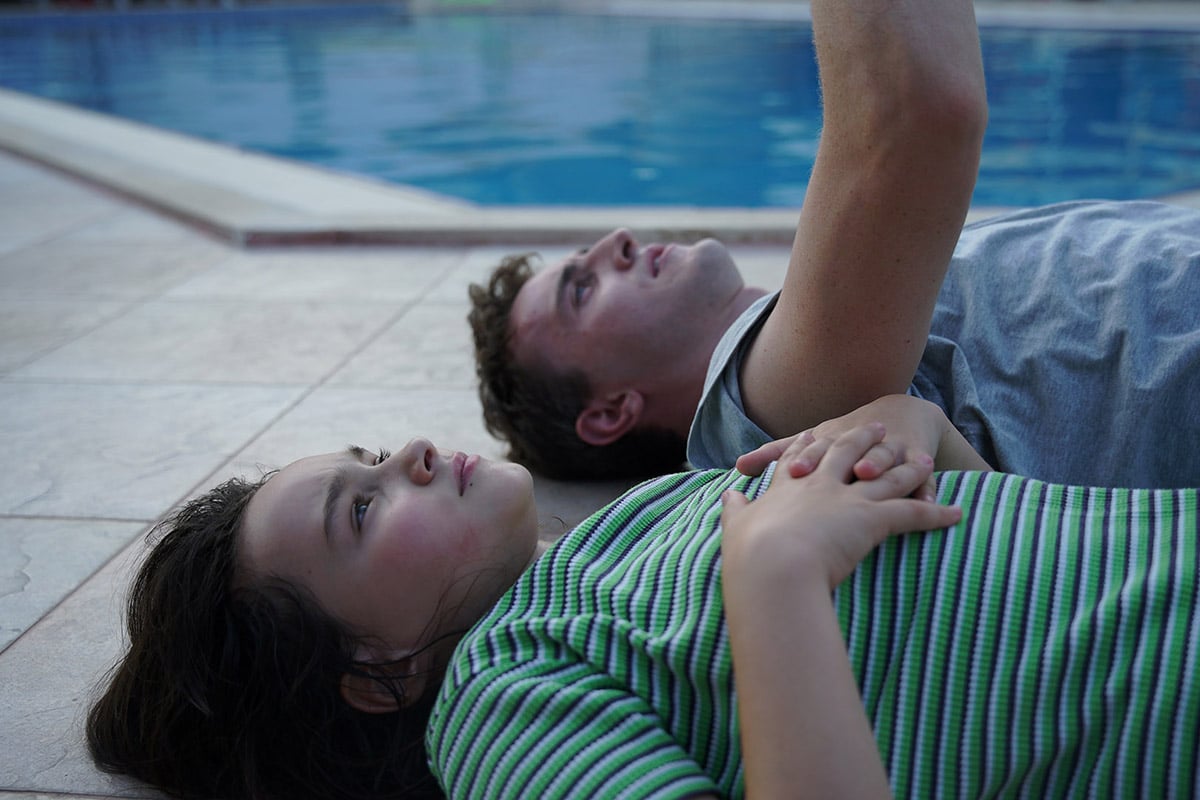
Initiatives such as Bright Horizons are “hugely important,” Wells stresses. 2025’s titles span MIFF’s opening-night film “If I Had Legs I’d Kick You,” which won Rose Byrne the Silver Bear for Best Leading Performance Award in Berlin; “Babygirl” actor Harris Dickinson’s feature directorial debut “Urchin,” a Cannes award-winner; “The Rivals of Amziah King,” as led by Matthew McConaughey in his first on-screen film role in six years; Georgia’s “April,” the second picture from “Beginning’s” Dea Kulumbegashvili; Australian-Filipino drama “First Light” by photographer James J Robinson; Tokyo-set coming-of-age tale “Renoir;” and more Cannes-applauded fare aplenty thanks to “Sound of Falling,” “A Useful Ghost,” “A Poet” and “The Mysterious Gaze of the Flamingo.”
“One thing that’s been on my mind in the past few years is everybody takes a different path to making their first film — but here you are at a festival, you’ve made it, you’ve struggled through whatever labyrinthine financial system you have to to get it on-screen. And I have never taken for granted how difficult it could be to make the second film, and especially a third film. I think that having a prize pot of this size really has the capacity to change the course of somebody’s near future and beyond, and just give them the freedom to be able to think about what comes next without having to go back to the hustle that I think many filmmakers had prior to making their first film,” offers Wells.
“That doesn’t suddenly go away because you had a film that succeeds in playing widely at festivals and even in more general distribution. So as a film prize, it’s incredible for whoever has the opportunity to win it. And from a platform point of view, it’s just an amazing opportunity to share your film at one of the world’s best film festivals in front of Australian audiences.”
“Especially the first film, or really any film, prizes are really a pathway to more people seeing your film. And that’s something I think that filmmakers care about.”
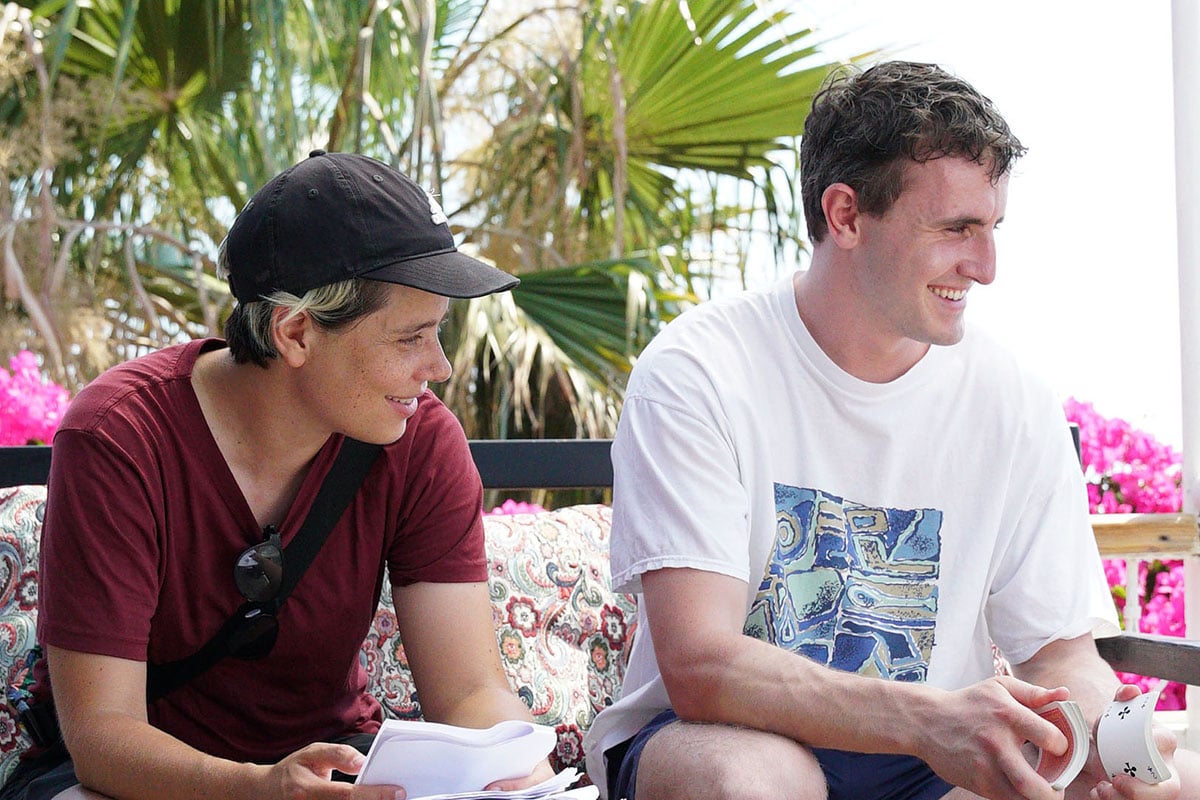
Of making the jump from being a director in competition to sitting on the other side of the film festival jury experience, and whether the former informs the latter, “it’s hard to know how other people perceive that role,” Wells advises. “But I do think I feel a duty to give the kind of consideration to each film that I feel like I would want given to mine — the attention to it in a cinema, in the viewing experience, that I imagine the filmmaker would have hoped for.”
“I try to go in with as little information as possible, so I’m not bringing any preconceived notions or expectations into the film. And from that point forward, I surrender myself to it, and hope to be transported and surprised in some way. So, if anything, being a filmmaker I just feel an obligation of care toward each film.”
While Wells doesn’t believe that her approach to her jury task is heightened because she’s presiding over a competition dedicated to first and second films, she knows how unique this stage in a filmmaker’s career is. “I’d like to think I would take that approach regardless, but there is something especially exciting but also vulnerable about that first film — about a film that you didn’t necessarily expect to have this platform that these films have now,” she shares.
“And the first film typically, I think, is the film that people have invested the most of themselves into, the most time into. There’s a certain risk, I suppose, with putting your first film out into the world.”
“I think having been on the other side of that does maybe give me a slightly different perspective — certainly one with a lot more empathy, perhaps.”
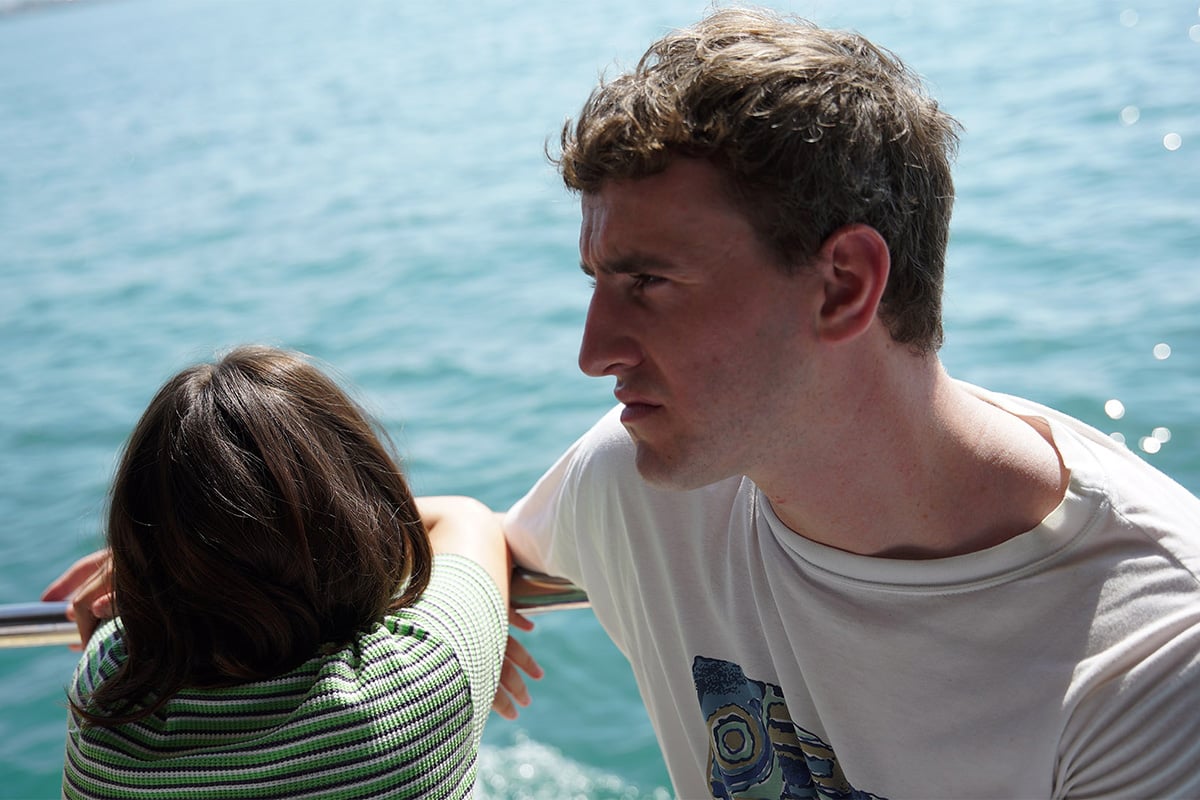
“As a person who has had films in competitions,” Wells continues, “you always know when it’s a jury of a handful of people that you are at the mercy of people’s personal taste, and the whims of their feelings on the day or their experience of watching your film. But the juries that I have been on have been very respectful and thoughtful, and I would just hope that that’s also the experience here.”
“And I think being Jury President is nothing more than helping guide the conversation regarding each film and keeping it on track, and making sure that everybody has a voice in that conversation — that no voice rises above the others.”
“But it’s interesting the way that hearing other people’s perspective on a film can change yours — part of the process is hearing how other people have experienced something, and maybe learning something from their experience of the film.”































